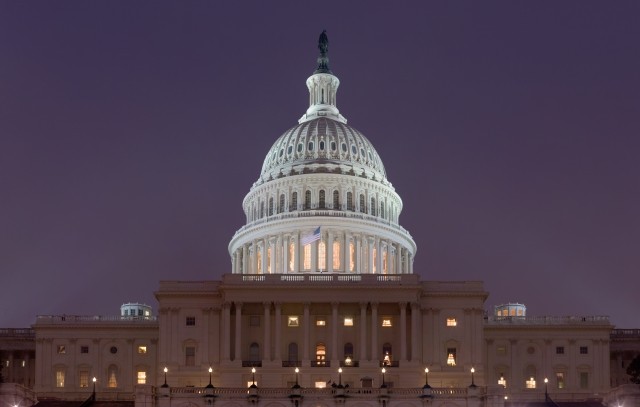An op-ed published this week on political online media outlet The Hill urged federal officials and the Attorney General to end the war on marijuana, particularly in light of cannabis legalization in more than half the U.S. states and the District of Columbia.
Illegal revenue and activities currently being generated by cannabis sales conducted by Mexican drug cartels were noted in the post, as a costly and dangerous consequence of the continued war on marijuana.
Author and attorney Martin W. Schwartz penned the editorial. He also urged lawmakers and federal authorities to consider the 13-year prohibition against alcohol in the U.S. during the ‘20s, and ended in 1933 with the legal sale of liquor.
Calling U.S. Attorney General Jeff Sessions the “new antagonist-in-chief,” Schwartz also condemned marijuana’s designation as a Schedule 1 drug, placing it in the same class with harmful illegal substances including cocaine and heroin, among others.
“Because of its Schedule I status, it’s very hard to do scientific research on marijuana in the U.S. as the Drug Enforcement Administration (DEA) issues very few permits for such work,” he writes.
“That’s an unfortunate reality,” he continued. “Presently, most of the illicit marijuana in North America is grown by Mexican drug gangs (largely the Sinaloa Cartel), both in their country and in many remote areas of the U.S., including on state and federal forestlands,” he added. “These domestic grows pollute the environment and place visitors to such recreational areas at great risk, as cultivation sites are protected by heavily armed workers.”
Pointing out that the DEA estimates up to 50 percent of drug cartel revenue is generated by illegal cannabis sales and that U.S. consumers will continue to utilize black market resources if legal cannabis is unavailable, Schwartz argued that with federal legalization, the government would create a significant tax base.
He also chided the Attorney General and Department of Justice for shortsightedness and wasting resources on marijuana prosecution, while the opioid epidemic continues to be fueled by illegal prescription and street drugs.
“The attorney general should allow the states to decide on how to regulate cannabis within their respective borders and end draconian DEA requirements for scientific research into marijuana,” Schwartz suggested, before adding that if the DoJ is determined to prohibit “hazardous” substances, then they should “dispatch teams of federal narcotics agents to slap cigarettes, junk food, and liquor out of people’s hands.”
Schwartz is a former assistant district attorney in Bronx County, special counsel for the U.S. Department of Justice-FBI, and special agent for the U.S. Customs Service, who retired as a security and intelligence officer.












